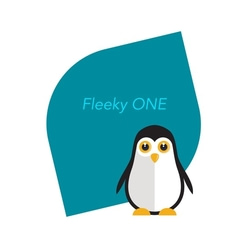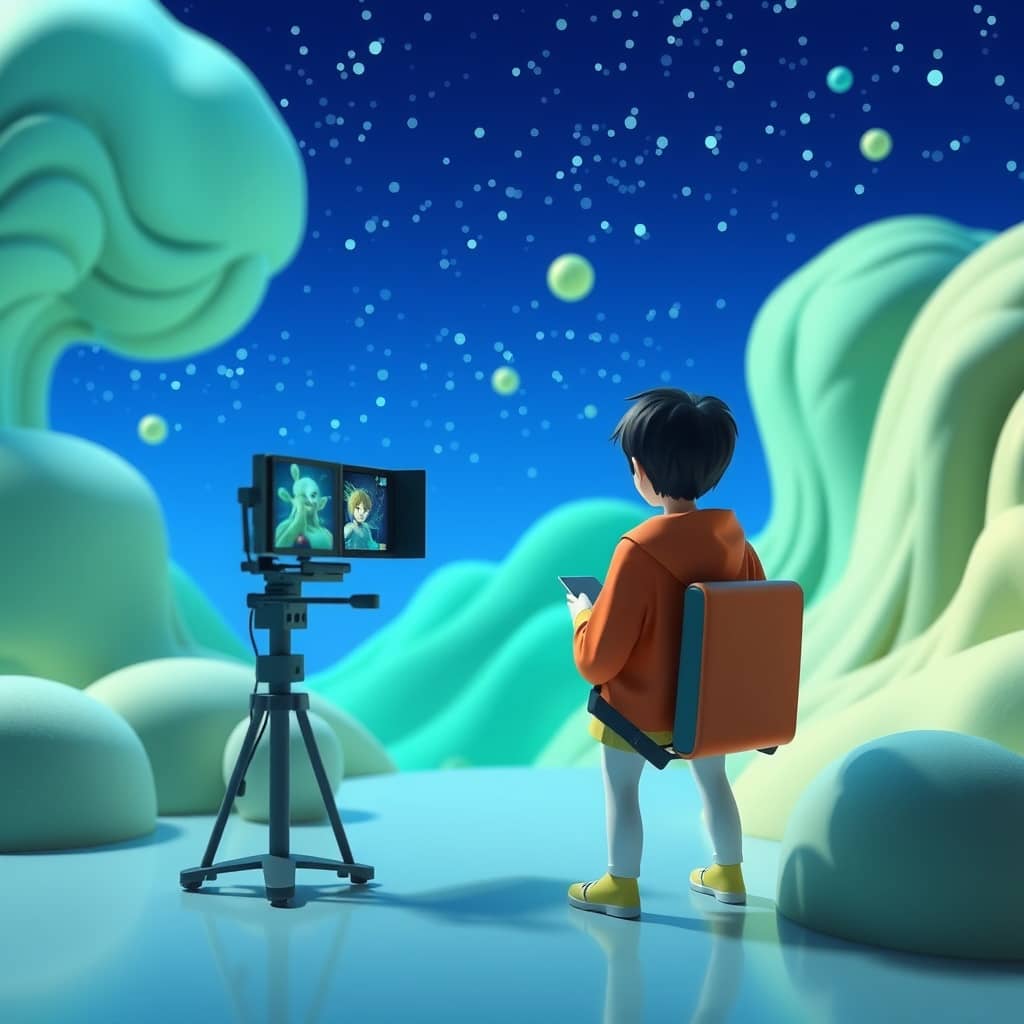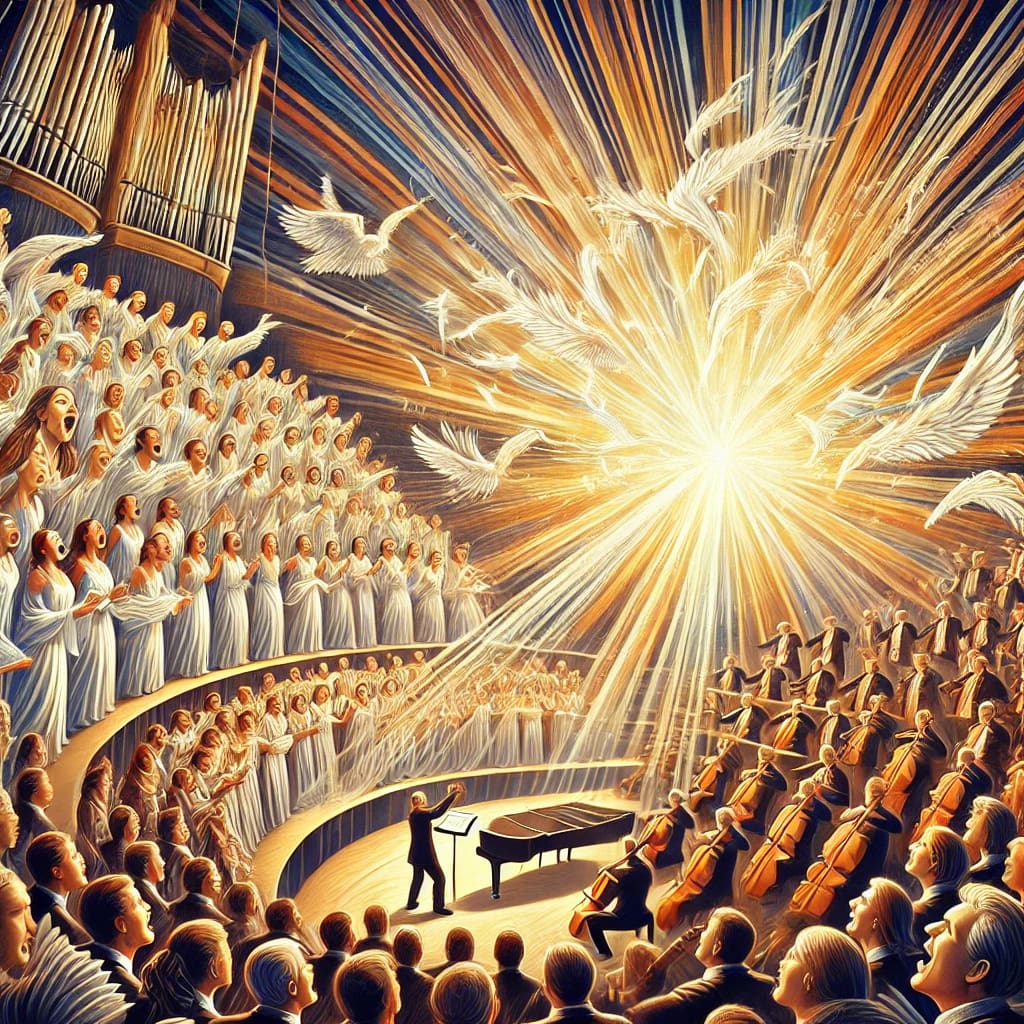
Harnessing the Power of Image Recognition Tools: Tracking Visual Copyrights
In the digital landscape, tracking the usage of visual content is crucial for protecting copyrights. Image recognition tools leverage advanced algorithms and search capabilities to help creators monitor and track the online presence of their visuals, ensuring the proper attribution and deterring unauthorized use.
Image Recognition Tools: Empowering Visual Copyright Monitoring
Understanding Image Recognition Tools
Image recognition tools employ sophisticated algorithms to analyze and compare visual content across the internet. These tools can identify instances where copyrighted visuals are being used without permission, even if they have been altered, cropped, or modified.
Reverse Image Search Engines
Reverse image search engines, such as Google Images, TinEye, and Bing Image Search, allow creators to upload their visuals or input their image URLs to conduct comprehensive searches. The engines then scan the internet for matching or similar images, helping identify instances of potential copyright infringement.
Monitoring Online Presence
Image recognition tools assist creators in actively monitoring the online presence of their visuals. By regularly conducting searches, creators can identify unauthorized uses on websites, social media platforms, blogs, and other online channels. This proactive approach enables swift action to protect copyrights.
Automated Detection Services
Some specialized services and software provide automated copyright infringement detection. These services utilize image recognition technology to continuously scan the web for instances of unauthorized use. Creators receive detailed reports and alerts, streamlining the process of identifying and addressing infringements.
Collaboration with Copyright Authorities
In certain cases, image recognition tools collaborate with copyright authorities and organizations. They share data on copyright infringements, assisting in legal actions against repeated offenders and promoting a collective effort to protect intellectual property rights.
Conclusion
Image recognition tools empower creators to actively monitor and protect their visual copyrights. By leveraging the capabilities of reverse image search engines, monitoring online presence, utilizing automated detection services, and collaborating with copyright authorities, creators can effectively detect and address instances of unauthorized use. These tools serve as indispensable resources in the fight against copyright infringement, ensuring proper attribution and respect for the creative works of visual artists.
Image recognition tools, presented in a table format
| Topic | Description |
| Understanding Image Recognition Tools | Tools that analyze and compare visual content across the internet. |
| Reverse Image Search Engines | Search engines like Google Images, TinEye, and Bing Image Search. |
| Monitoring Online Presence | Actively monitoring the internet for unauthorized use of visuals. |
| Automated Detection Services | Services that use image recognition to scan for copyright infringements. |
| Collaboration with Copyright Authorities | Partnering with authorities to address infringements collectively. |
Image recognition tools provide creators with the means to actively monitor their visual copyrights and take action against unauthorized use. By utilizing reverse image search engines, monitoring online presence, leveraging automated detection services, and collaborating with copyright authorities, creators can effectively protect their intellectual property rights.
Thank you for reading and sharing!
Source OpenAI’s ChatGPT Language Model and DALLE – Images Picsart

Invest in your future & learn
Learn affiliate marketing & build your own website.
Heads up! Make sure you sign up using my referral link to get access to my personal coaching and all features.
👉 Sign Up







